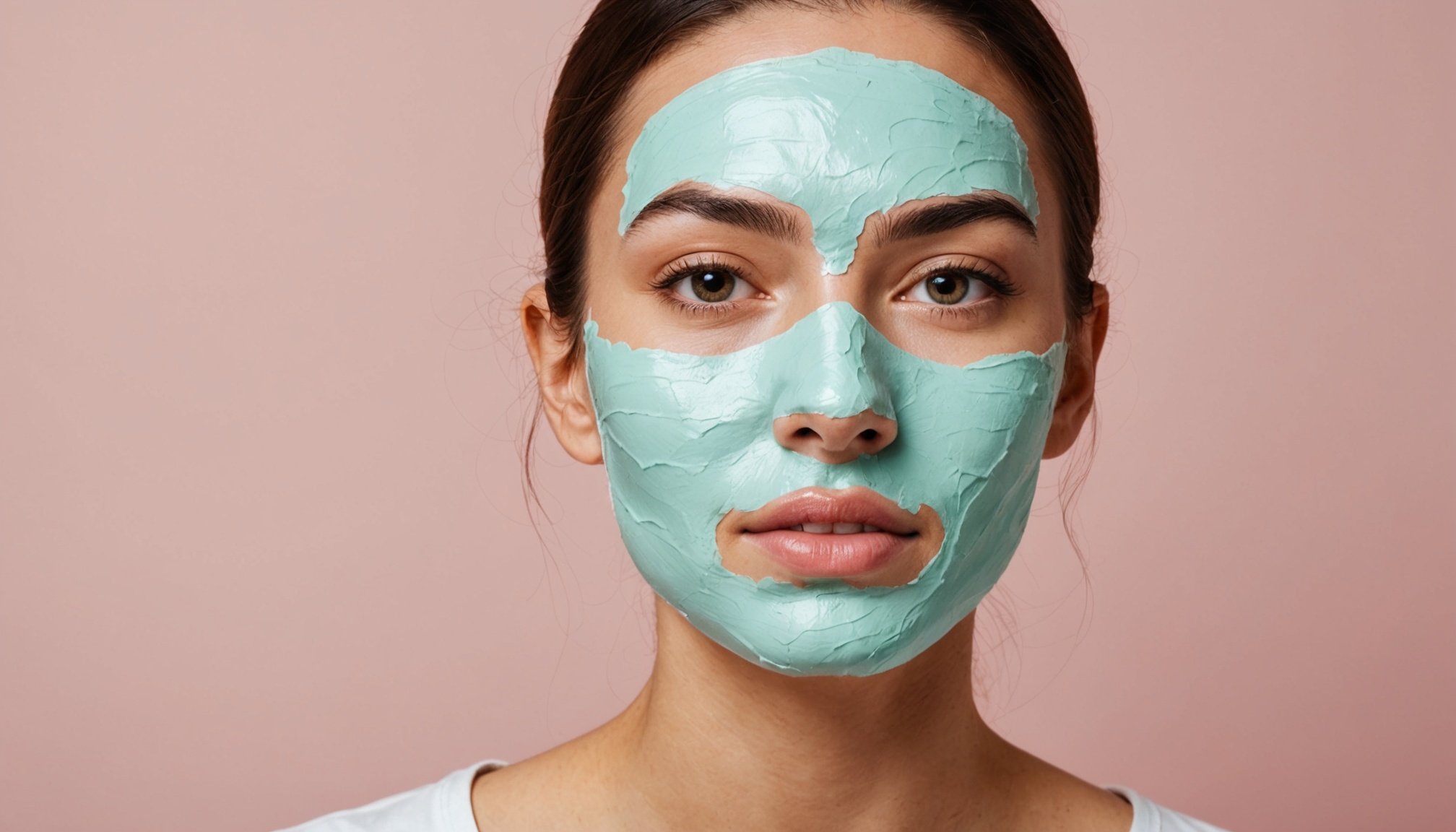Essential Ingredients for Hydration
In the realm of skincare, understanding hydrating ingredients is paramount for those seeking optimal skin hydration. Face masks play a pivotal role in providing this hydration, thanks to their blend of key ingredients.
One of the most renowned ingredients is hyaluronic acid, celebrated for its ability to retain moisture. It acts as a sponge, holding up to 1000 times its weight in water, thus crucial in keeping skin plump and hydrated. Another indispensable ingredient is glycerin, a powerful humectant that draws moisture from the environment into the skin. Its lightweight nature makes it perfect for all skin types, ensuring that the face remains moisturized without feeling greasy.
In parallel : Ultimate Guide to At-Home Hair Bleaching: Top Tips for Safe, Damage-Free Results!
Aloe vera is also frequently found in hydrating face masks. Known for its soothing properties, it helps calm irritated skin while providing a burst of hydration. This makes it an excellent choice for skin prone to redness and sensitivity.
While active ingredients receive much attention, inactive ingredients are equally important for the overall efficacy of masks. These substances help deliver and preserve active ingredients, enhance skin texture, and ensure that the formulations are stable over time, further boosting their effectiveness.
Also to discover : Ultimate guide to sustainable fashion blogging in the uk: eco-conscious strategies for success
Recognizing Potential Allergens
When exploring hydrating ingredients in face masks, it’s crucial to be aware of potential allergens to ensure face mask safety. Common allergens found in skincare products include fragrances and certain preservatives. These can cause irritation or allergic reactions, especially for those with sensitive skin.
To safeguard against adverse reactions, it’s advisable to conduct a patch test before using a new face mask. Apply a small amount of the product on a discreet area of skin, such as behind your ear or on your forearm, and wait for 24-48 hours to observe any reactions.
Reading labels diligently is essential in recognizing potential allergens. Look for clear labeling of known irritants and seek information about the ingredient sources. Ingredients like natural essential oils can also be allergens, despite being marketed as natural.
Understanding your own skin’s sensitivities helps in making informed decisions. If you have known allergies, cross-reference ingredients on the products with those on your avoid list. Consider consulting with a dermatologist for personalised advice and recommendations, particularly if your skin is prone to reactions. Taking these precautions can significantly enhance your skincare experience while maintaining skin health.
Practical Tips for Application and Usage
To maximize the benefits of hydrating ingredients in your skincare routine, it’s essential to employ effective application techniques. Begin by applying the face mask on clean, slightly damp skin to enhance absorption. Using your fingertips or a clean brush ensures even distribution across all areas of the face.
Incorporate hydrating face masks into your routine about 1-3 times a week, depending on your skin’s needs. Consistent use is pivotal for achieving and maintaining optimal skin hydration. Always follow the instructions provided with each product, as leaving a mask on for too long or too short can affect efficacy.
Enhance your skincare routine by integrating complementary practices, such as using a gentle cleanser and a nourishing moisturizer following mask application. These steps create a sealed environment, trapping hydration and improving the skin’s overall health and appearance.
Remember, skincare is highly individualistic; monitor your skin’s reaction and adjust your routine accordingly. Exploring this information ensures that you are well-prepared to make informed decisions that will benefit your skin health and provide the best possible results.
Comparisons of Popular Hydrating Face Masks
When it comes to selecting hydrating face masks, comparing product comparisons can significantly aid in making informed decisions. Recognising the hydrators and additional ingredients mixed is key! One popular product acclaimed for its efficacy is the Laneige Water Sleeping Mask, praised for its rich hydrating capabilities and lightweight feel – ideal for overnight rejuvenation.
Another contender often lauded in consumer reviews is the Fresh Rose Face Mask. The rosewater and algae contained within are notable for providing both deep hydration and a soothing effect on the skin. This mask excels in catering to sensitive skin types. Espousing a natural approach, the Origins Drink Up™ Intensive Overnight Hydrating Mask boasts avocado and Swiss glacier water for nourishing and moisturising benefits. This is a standout choice for those seeking a more moisture-intense option.
Consumer feedback frequently highlights the significant variance in texture and fragrance between brands, underlining personal preference as a determinant factor. Ultimately, considering consumer insights and cross-referencing ingredients within these hydrating masks allows users to select the most appropriate product for obtaining a luminous and well-nourished complexion.
Identifying Hydrating Ingredients in Products
Navigating the vast world of skincare products can be daunting, but understanding how to decode ingredient labels is crucial for selecting effective hydrating face masks. Start by identifying key hydrating ingredients like hyaluronic acid, glycerin, and aloe vera, all of which are renowned for their skin hydration benefits. Typically, these ingredients are listed at the top of the label, indicating higher concentration.
When choosing face masks, remember what suits your skin type best. For those with sensitive skin, selecting products with minimal additives and preservatives is vital. Understand the role of inactive ingredients too; they function as carriers, ensuring the active ingredients deliver their full potential.
Considering product recommendations can also aid in selection. Masks like the Laneige Water Sleeping Mask, known for intense moisture, and the Fresh Rose Face Mask, appreciated for its soothing effects, come highly rated. For those interested in DIY creations, try mixing honey with yogurt, rich in hydrating properties, for a simple homemade mask.
Ultimately, understanding labels and ingredients enables you to make informed decisions, ensuring excellent skin hydration and overall skin health.
Benefits of Hydrating Ingredients
For achieving optimal skin health, understanding the hydration benefits of various ingredients is essential. Hyaluronic acid works by attracting moisture to the surface of the skin, effectively acting as a magnet for hydration. This concentration of water helps plump the skin, reducing the appearance of fine lines and wrinkles.
Glycerin, another indispensable ingredient, holds the role of a humectant. It draws moisture from the air into the skin’s outer layer, ensuring consistent hydration. This makes it especially valuable in dry climates or during harsh seasons, providing a barrier that keeps the skin supple and smooth.
Meanwhile, Aloe vera’s soothing properties offer more than just hydration. Its anti-inflammatory components also calm skin redness and irritation, making it a choice ingredient for those with sensitive skin. By intensely hydrating while soothing discomfort, Aloe vera enhances both the health and appearance of the skin.
Together, these ingredients play a pivotal role in a skincare regimen focused on hydration, helping improve overall skin texture, enhancing elasticity, and promoting a balanced complexion that appears fresh and luminous.






